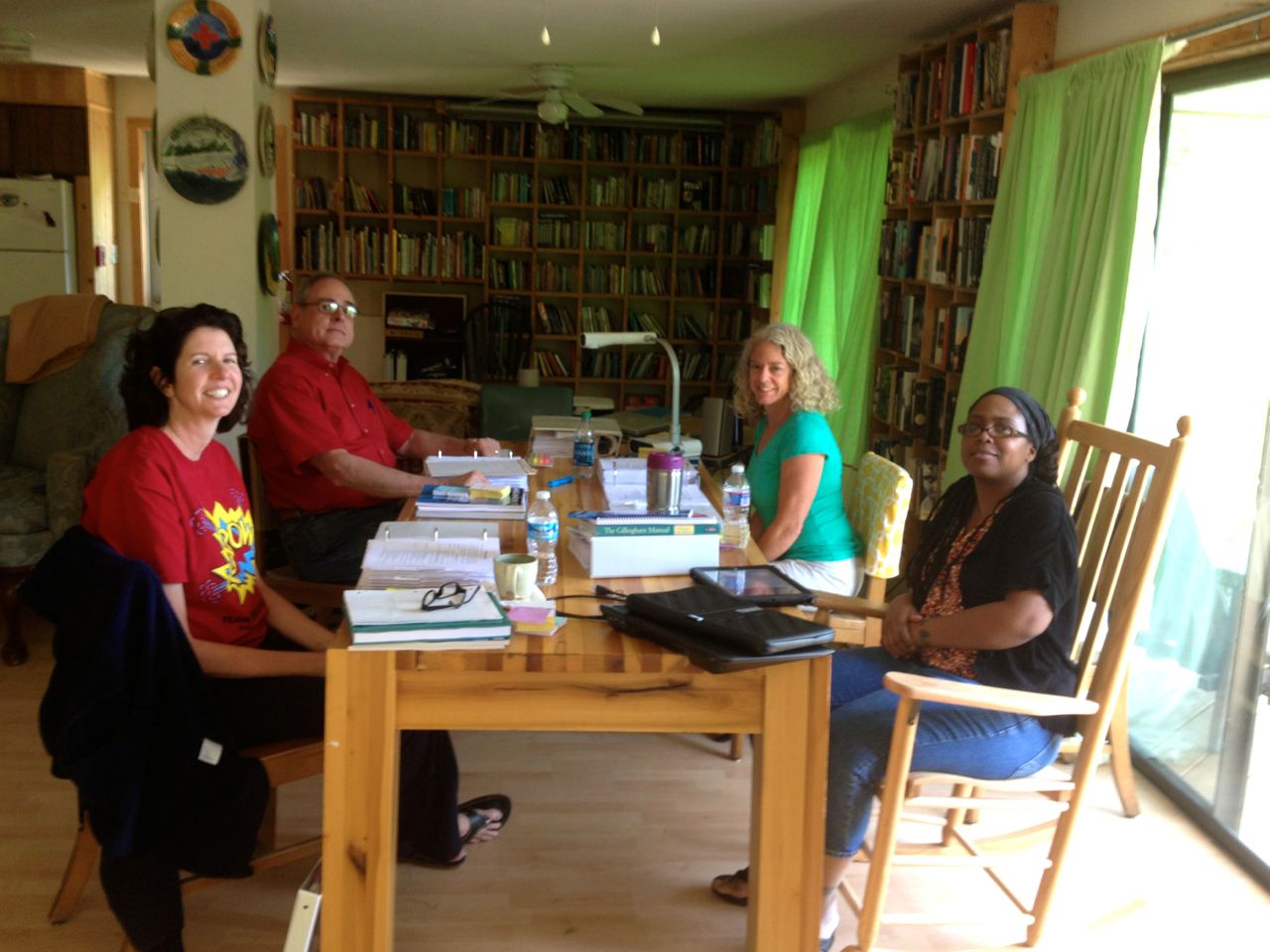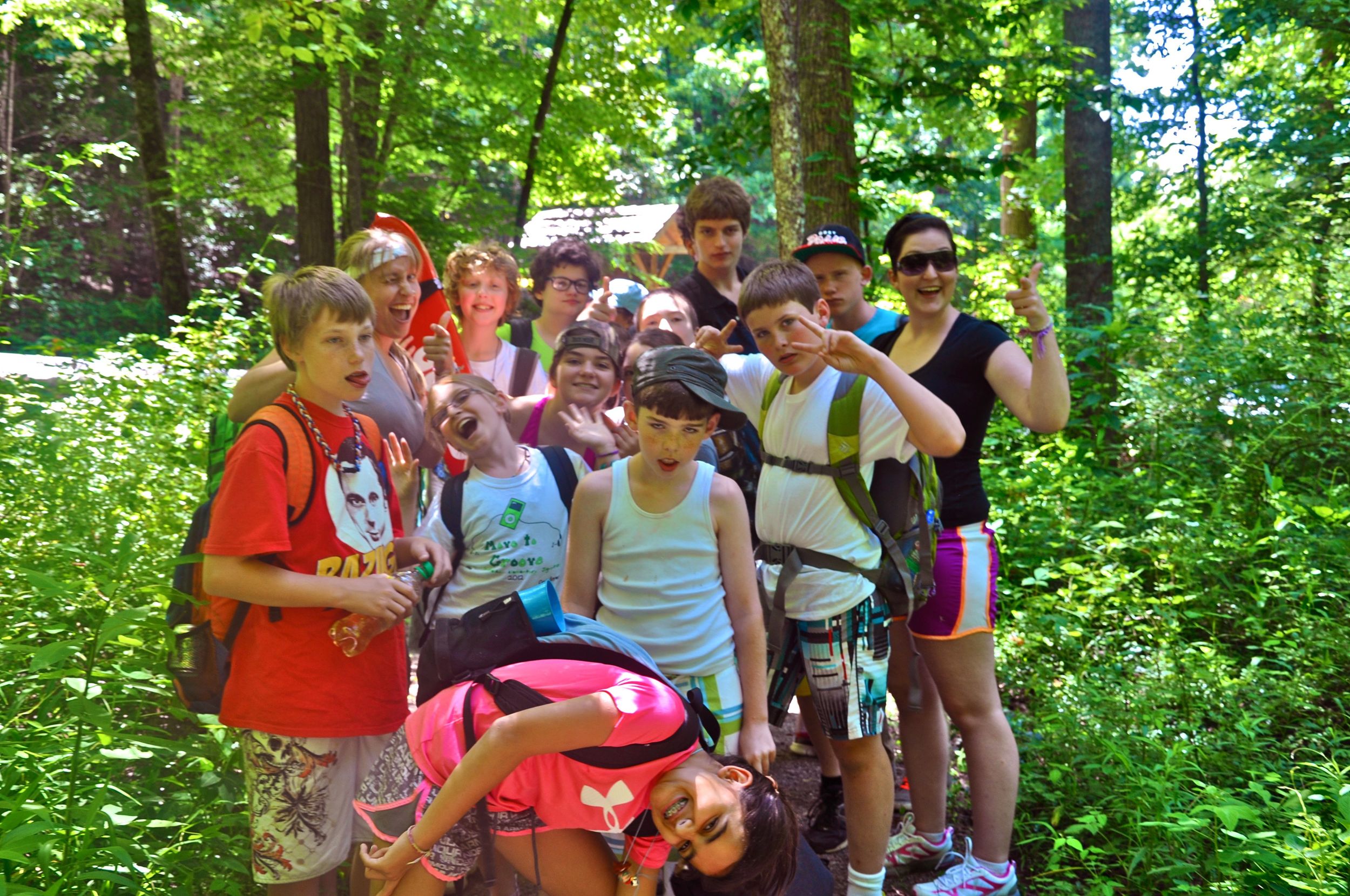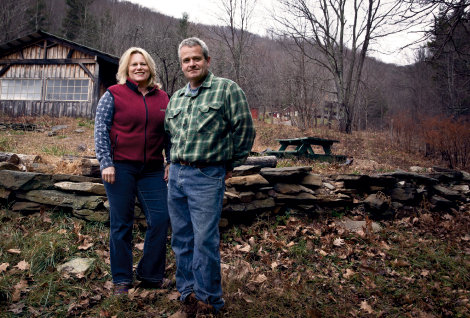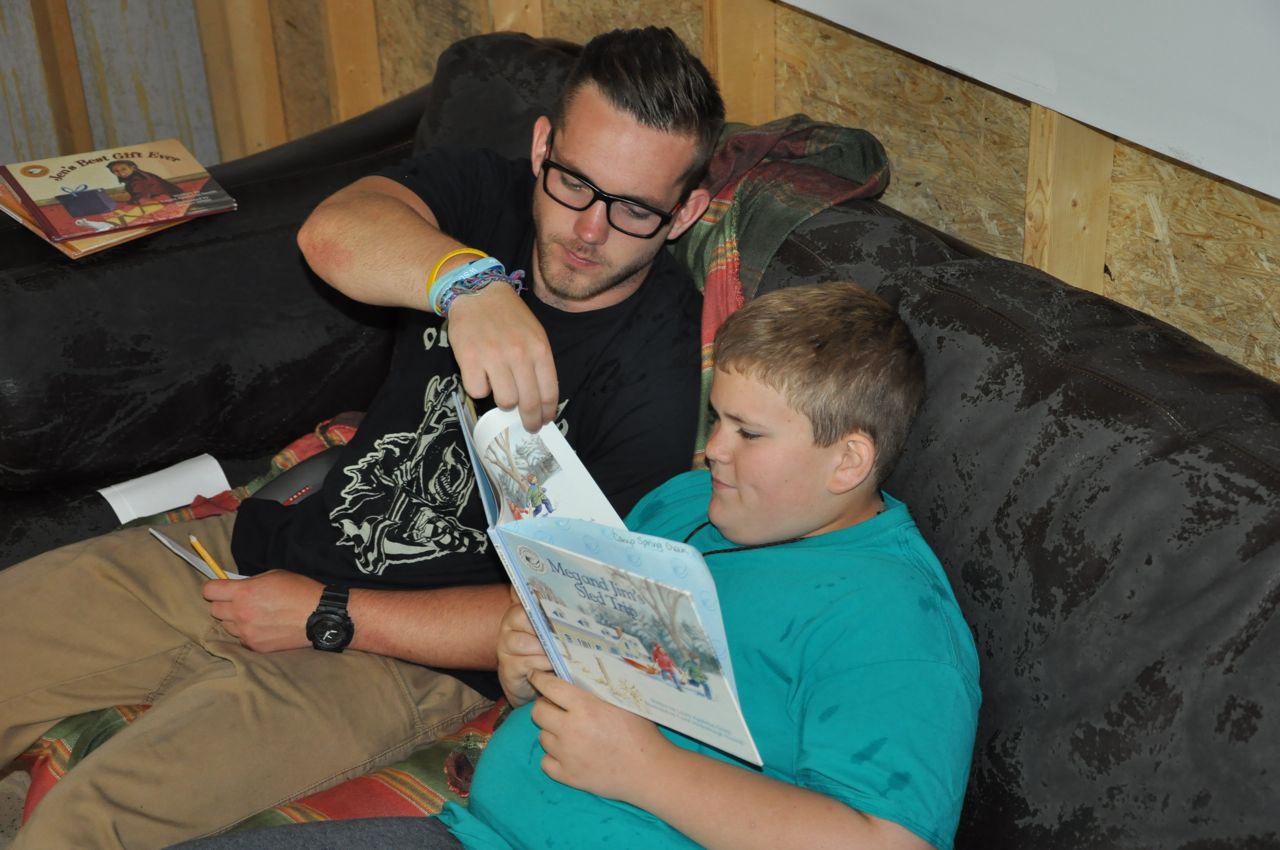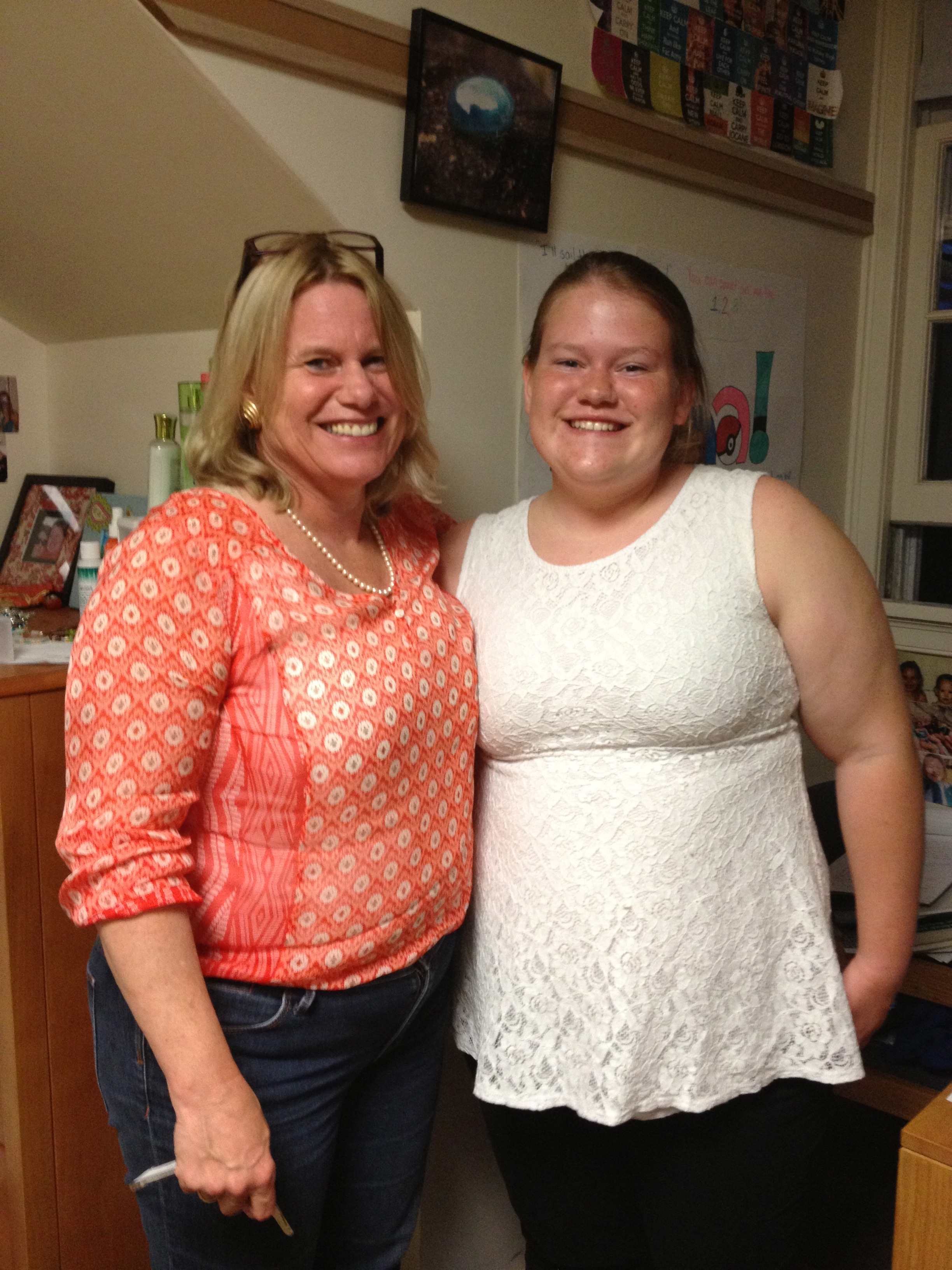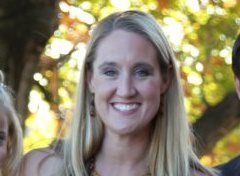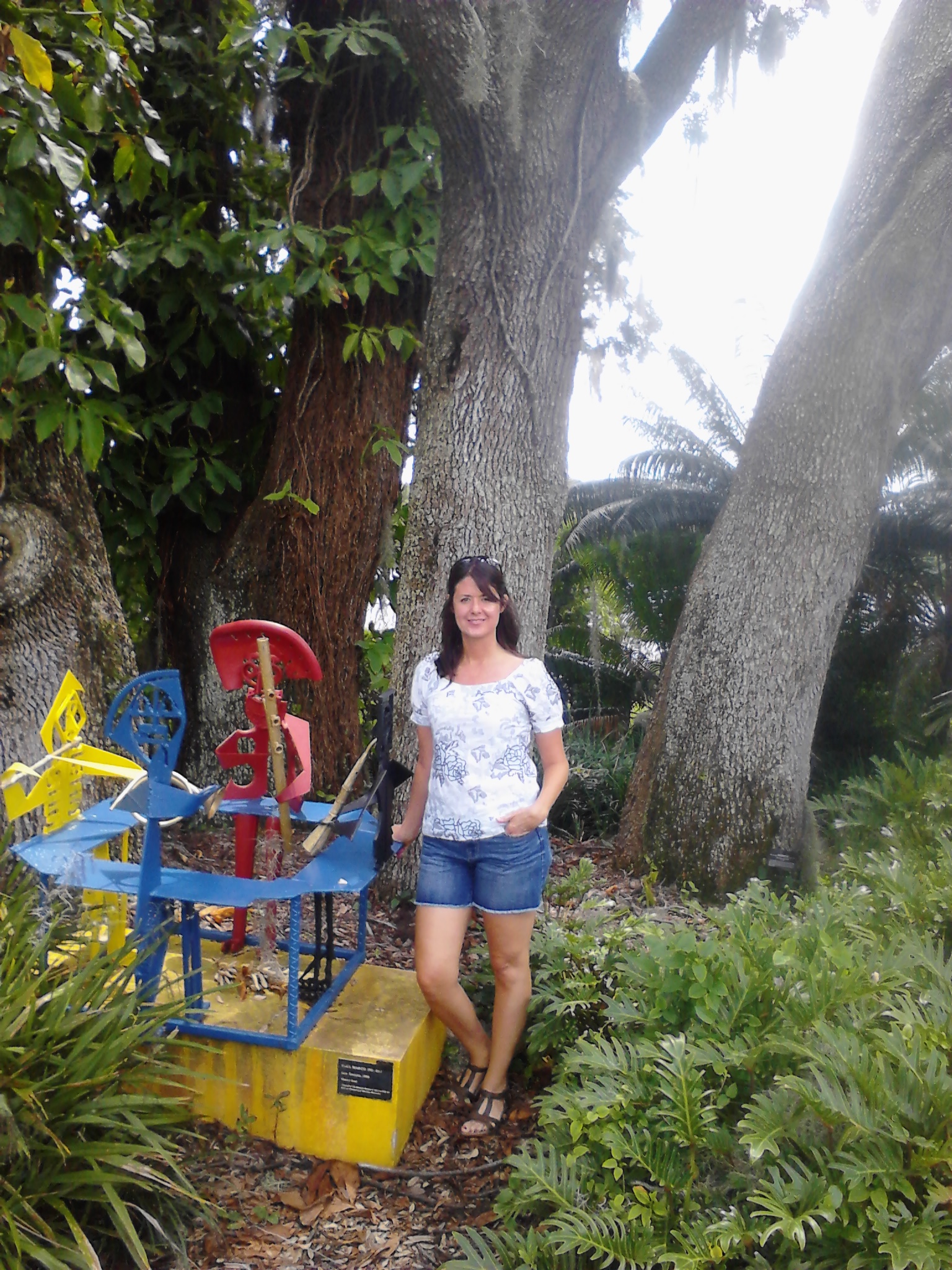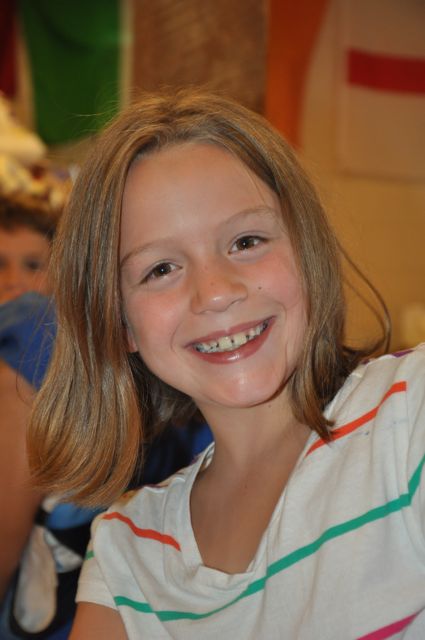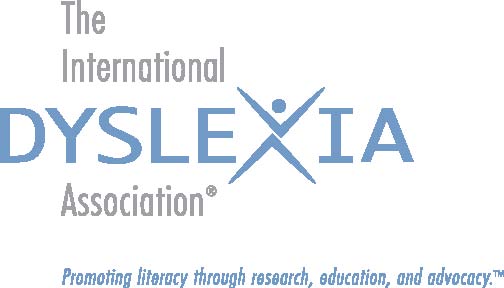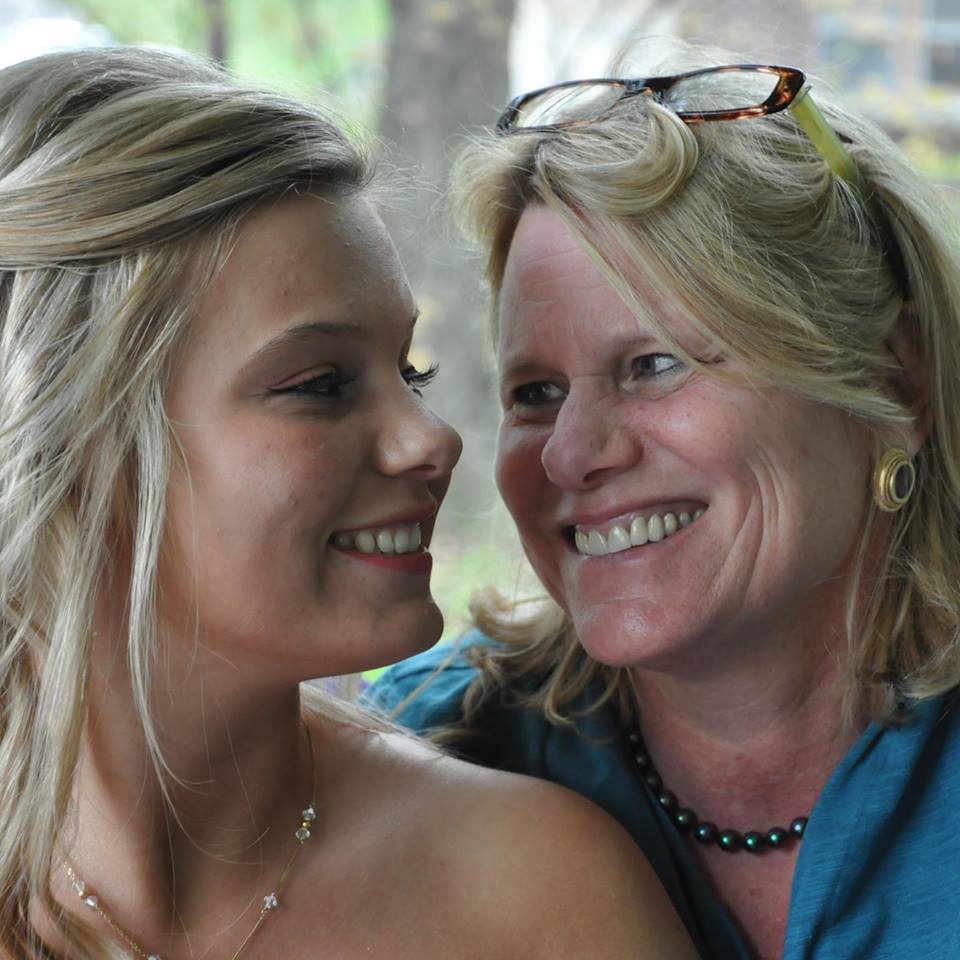 We took a few minutes to ask Susie about "summer slide" and any tips she might have for our readers--be you fans and supporters from afar, grandparents checking on your child at camp, or one of our many local followers dedicated to providing well-rounded educational experiences for your children. Here's a quick note from our co-director:
We took a few minutes to ask Susie about "summer slide" and any tips she might have for our readers--be you fans and supporters from afar, grandparents checking on your child at camp, or one of our many local followers dedicated to providing well-rounded educational experiences for your children. Here's a quick note from our co-director:
Summer is a season when children can spend more time playing, learning their own limitations, and problem solving in areas they feel drawn to. Society doesn’t allow much time for imagining anymore, but that is an important skill and we need to encourage our kids to dream. We also need to provide opportunities for our kids to develop critical thinking. At Camp Spring Creek, we want to keep our childrens' academic skills from sliding during the summer, but we value our outdoor time as much as our tutoring time.
For those reading our blog from afar, if your child has a natural interest in something, summer is perfect for devoting time to developing that interest. Be it cooking, hiking, building, or dancing—whatever their passion, there’s always a way to incorporate basic educational skills and keep it fun. This interest need not be an expensive hobby or something that requires high-tech equipment. Whatever they choose, we need to encourage our kids to dream and then reach for those dreams.
At the end of every school year, I take our children to a bookstore and let them pick a book that interests them for summer reading. If you can’t afford to buy a book, go to your local library and borrow a book. Most libraries have books on CD, which you can listen to while you’re taking a trip in the car or while you are sitting by a brook in the shade.
During the early years (and also in adult life), is important to build meaningful relationships and reflect on those relationships. We have always encouraged our children to write to family and friends during summertime and, often, they get mail in return. If a friend has moved away or a grandparent or other relative lives far away, this is a wonderful way to stay connected while also getting writing practice. Journaling is a private way to keep writing active and kids can get very creative with their journals, pasting in items and photos from different activities they have enjoyed.
In short, our golden rule: Get outside, play with friends, learn a new skill, dream, and write to your grandparents; like summer, they won’t be around forever.

